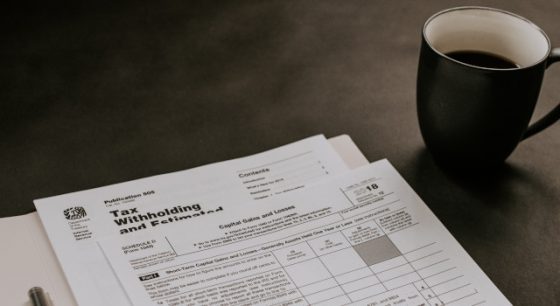Your ability to contribute to a Roth IRA or receive a deduction for traditional IRA contributions is restricted as your income goes beyond a certain threshold. However regardless of your income level, you are still allowed to make a nondeductible contribution to your traditional IRA. If you file correctly, this contribution is put into your pre-tax account after taxes. That after-tax portion becomes what is called a nondeductible basis and is tracked as a part of the IRA until the account is emptied.
Rather than tracking the precise dollars as nondeductible IRA dollars, the IRS requires that you blend all your IRAs together. Thus, when you have a nondeductible basis each distribution or conversion is taxed pro-rata after-tax and pre-tax based on the size of your IRAs and the size of your nondeductible basis.
If you have no IRA balance, you can make a nondeductible contribution and then convert that contribution to Roth IRA and 100% of your Roth conversion will be after-tax and thus not taxable. In this way, if your have no other IRA money, a backdoor Roth is equivalent on your tax bill to funding your Roth IRA directly in the first place.
We assist our clients in contributing and converting their nondeductible contributions. We also help remind them at tax time to include their new contributions on their tax return.
What Interferes With a Backdoor Roth?
Here are three common Roth transactions and how they interact with MAGI for Roth IRA purposes.
How to Report a Backdoor Roth or Nondeductible Contribution on Your Tax Return
Once you know how to file it, it is a simple and easy process.

